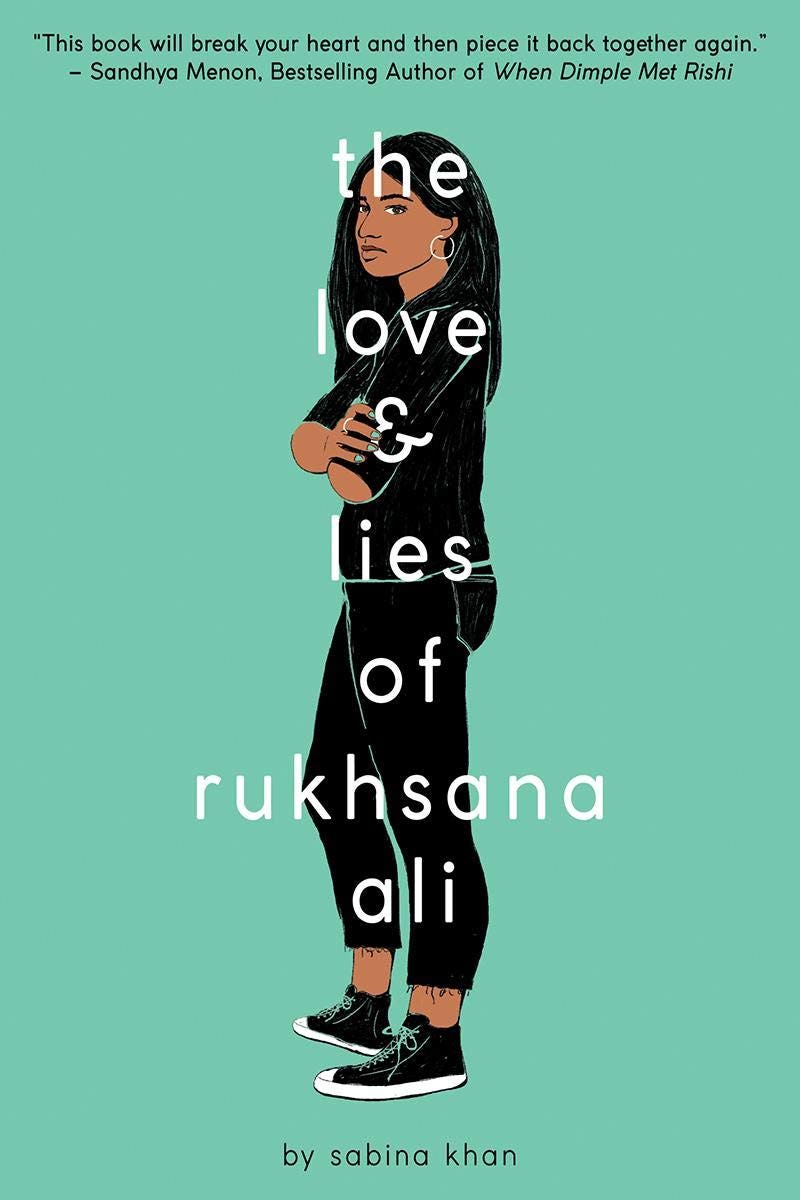


Bowling became less popular, and ultimately the place shut down and was boarded up and closed for several years. Then as the economy started to change, as it got a little bit rougher in the area, it stopped being open all night, stopped doing so well. It used to be open all night, so people would come and bowl after swing shifts at factories. It was also a place with major bowling leagues in the '50s.

It was a really heartwarming, diverse mix of people that was not really replicated elsewhere in the city. The menu at the coffee shop reflected the clientele, so if you came here you could get yakisoba and hot links, you could get rice or potatoes with your eggs, you could get sashimi and jambalaya in the same place. It was a place where folks of all races-but particularly Japanese American and African American people-gathered to eat and bowl. If you went around through there you would get to the bowling alley. Nina Revoyr: We're sitting in what used to be the Holiday Bowl, which was this amazing coffee shop and bowling alley that was opened in the 1950s here on Crenshaw Boulevard. Loggernaut Reading Series: Can you describe where we're sitting? We met on a sunny Friday morning in Crenshaw, at the former site of the Holiday Bowl. Revoyr is also currently Vice President of Development and External Relations at Children's Institute, Inc., a service organization in Los Angeles for children and families affected by violence. Southland won a 2003 Lambda Literary Award and was selected as a Los Angeles Times Best Book of 2003, among other honors. Revoyr, who is of Japanese and Polish-American descent, was born in Japan and raised in Wisconsin and Los Angeles. Its multifaceted vibrancy provides a defiant counterpoint to the alienated, dystopic Los Angeles so often represented in popular fiction, much of which has been written by Anglo male transplants from the East. is complex and joyous, unafraid to confront its dark realities, but ever hopeful. Southland (2003) interweaves the stories of three generations of a Japanese American family and an African American family, in the process uncovering the multiracial history of South Los Angeles. In The Necessary Hunger (1997), set in Inglewood, a Japanese American high school basketball player struggles to come to terms with leaving not only her first love but also the city itself. Nina Revoyr describes her novels as love letters to Los Angeles.


 0 kommentar(er)
0 kommentar(er)
